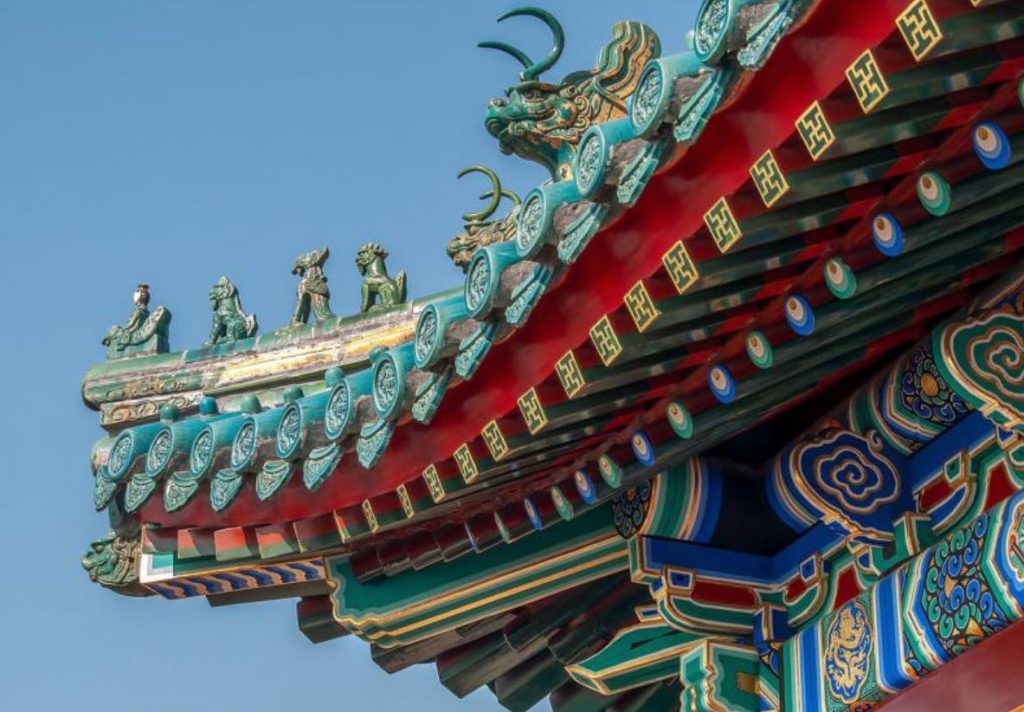The War the USA is Losing Isn’t to China

by Nancy O'Brien Simpson [5-7-2025 published].
Notice that Nancy O'Brien Simpson is a professional who lives in the US.
(Regardless of what you think about the political structure of China, Nancy's observations are spot on. A lot has changed over recent decades. I've been saying for a long time that China's engineering & scientific educational system would overtake the US. Since I have a degree in physics & worked in the Boston hi-tech sector, I have developed some insights into these issues.
When we lived in the Boston area & Maria worked in the Material Science Department, we knew a family from China. He obtained his PhD. I had several discussions with his daughter, who was enrolled in one of the best high schools in the area. She was surprised at how easy it was to excel there. In China, her studies were very intense & she pointed out that if you missed a week, it was almost impossible to catch up.
The DeepSeek AI program is just one example where China's focus on science & technology has already paid off. In fact, the underlying design of DeepSeek has reasoning capabilities that the top AI programs in the US don't have.
When the Soviet Union collapsed in 1991, NATO should have been dissolved, since Russia was no longer a threat to Europe & didn't want to expand into Europe. Yet NATO now has 32 member countries and kept expanding right up to the Russian border based on fear that was no longer relevant, which is the primary reason for the Ukrainian conflict. The US has also been actively building military bases to surround China. As Nancy points out, the US has spent $trillions on projecting military power, instead of focusing on peaceful pursuits. — RAD)
In Washington, the bipartisan consensus on China has hardened into reflexive hostility. Beijing is portrayed not simply as a competitor, but as a malevolent force—an authoritarian, expansionist superpower bent on upending the global order. Meanwhile, American officials pound the drum of capitalist virtue, as if invoking "freedom" is sufficient defense against stagnation.
But while the United States has spent the last few decades asserting global dominance through military and political interference, China has been building—literally and figuratively.
Since 2013, China has invested over $1 trillion in infrastructure projects across Asia, Africa, and Europe through its Belt and Road Initiative (BRI). At home, it has constructed over 25,000 miles of high-speed rail, more than the rest of the world combined. In contrast, Amtrak’s Acela Express—America’s closest equivalent—reaches an average speed of just 65 mph. Even the recent $1.2 trillion U.S. infrastructure bill barely scratches the surface of what decades of disinvestment have eroded.
China chose infrastructure. America chose interference.
In 2003, the United States invaded Iraq under the pretext of dismantling weapons of mass destruction that didn’t exist, spending an estimated $2 trillion in a war that destabilized the region and cost hundreds of thousands of lives. More recently, the failed war in Afghanistan added another $2.3 trillion to the tally. By contrast, China has largely avoided direct military entanglements since its 1979 border war with Vietnam, preferring economic statecraft to hard power.
In 2022 alone, U.S. military expenditures reached $877 billion—more than the next ten countries combined. China’s military budget, though second globally, stood at roughly $292 billion. The U.S. continues to develop the most advanced weapons systems on Earth, yet it lacks universal healthcare, a functioning rail system, or an education system ranked among the top ten globally.
China's educational ascent has been deliberate. Between 2000 and 2020, the country quadrupled its spending on research and development. Chinese students consistently outperform their American counterparts in math and science, and the country now graduates more engineers and computer scientists than any other nation. In artificial intelligence and biotechnology, it is increasingly competitive with the U.S.—if not already leading.
Meanwhile, America’s infrastructure crumbles. More than 43,000 U.S. bridges are deemed structurally deficient. The nation’s maternal mortality rate is the highest in the developed world. Life expectancy in the U.S. is falling, while it continues to rise in China.
Had even a fraction of the trillions spent on war been redirected toward domestic renewal, America’s cities might hum like circuits. Schools would be temples of innovation. Hospitals would heal rather than bankrupt. Instead, the U.S. has repeatedly chosen projection over reflection, dominance over development.
The real contest is not between China and the United States. It is between two philosophies of power: one that builds, and one that bombards. One that invests in its people, and one that demands global compliance. One that has learned the quiet force of patience, and one that still believes in shock and awe.
The war we are losing is not to China. It is to our own addiction to control. And our refusal to invest in anything we cannot dominate, bomb, or brand as victory.